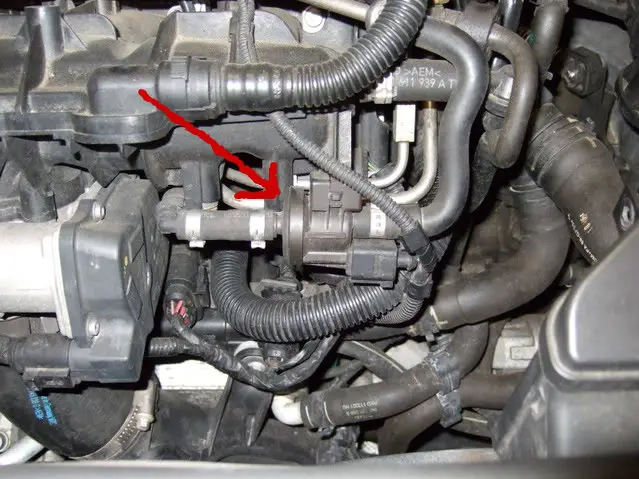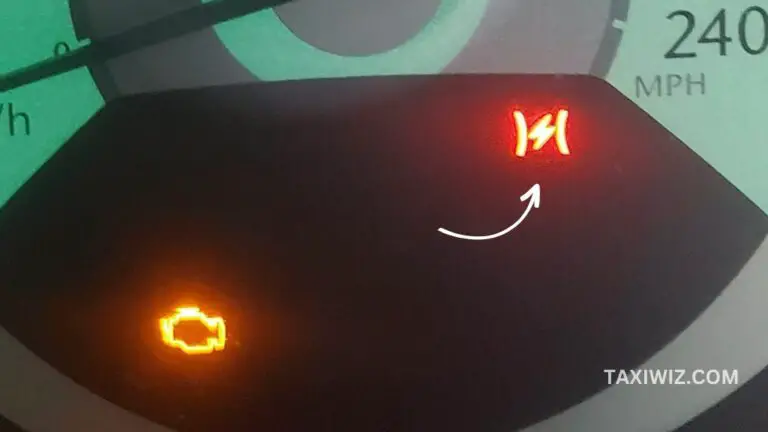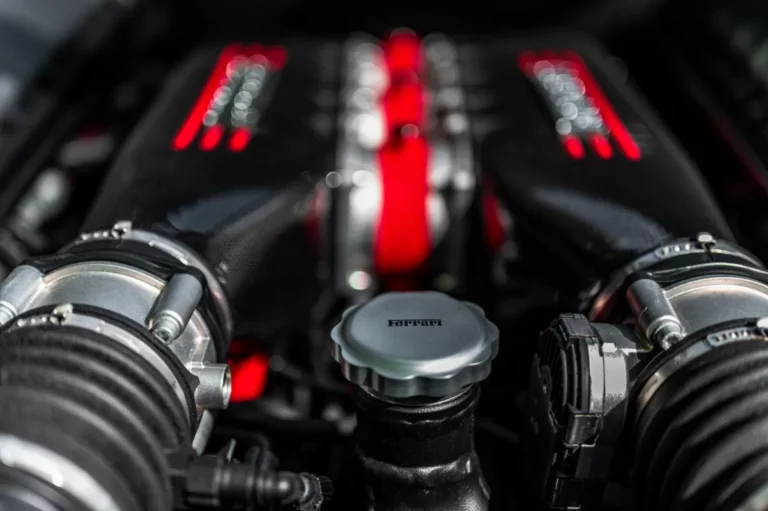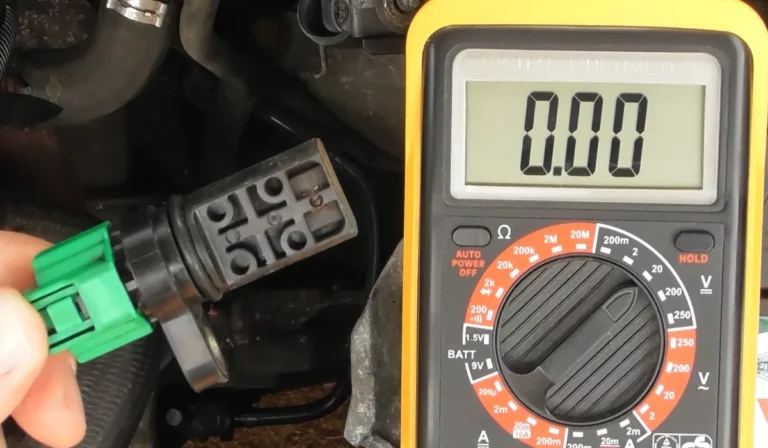Why Does Your Car Take Multiple Tries To Start After Getting Gas?
In most cases, the EVAP purge control valve becomes stuck open, causing the vehicle to stall after the driver has added fuel. The fuel vapor will be forced into the intake manifold as a result.
A blocked air/fuel filter, faulty battery, faulty starter, and etc.are all the possible causes. In certain instances, the issue is caused by a defective wire connector or system component.
If you’re having trouble starting your car after filling up with gas, figuring out what’s causing the car takes multiple tries to start after getting gaswill be the first step in fixing it. Read on to know the detailed information on this issue which is provided in this article.
What Causes a Car Take Multiple Tries To Start After Getting Gas?
After putting gas in the tank, the following are the possible reasons why the car won’t start.
1. EVAP Purge Valve is Stuck open
After filling up, car fuel delivery systems can have issues. The EVAP purge valve removes canister vapors into the engine. Prevents fuel tank gas accumulation.
When sufficient vapors enter the engine, the valve become stuck open. Fuel vapors from the charcoal canister enter the intake manifold through the open valve.
This will result in excessive fuel entering the combustion chambers when cranking the engine after refueling, making it difficult to start the vehicle.This also creates an imbalance in the air-to-fuel ratio, resulting in a vibrating engine at a stop.

2. Low or No Battery Charge
After getting gas, a dead battery or loose terminal connection may prevent your car from starting. The vehicle won’t start with a loose battery connection.
Corroded terminals also prevent the vehicle’s electrical systems from receiving battery power.
3. Alternator failure
When the battery is tested and found to be fine, the alternator becomes the next suspect.
This is because it is the part responsible for producing electricity and storing any surplus in your battery, allowing your engine to start immediately the next time it is needed.
Read also >> Identifying and Resolving Oil Leak into the Alternator
4. Blocked Fuel Filter
After refueling, inspect the fuel filter. Before fuel reaches the engine, fuel filters remove dirt, water, and other contaminants.
Clogged gasoline filters block fuel flow. This can influence engine performance and car starting. Clogged gasoline filters reduce engine power and fuel flow. Clogged filters also increase engine roughness.
5. Ineffective Starter Motor
A starter motor starts your engine. The starter motor normally makes clicking sounds when you turn the keys, making it one of the easiest causes to find.
The starter motor relies on your car battery to start the engine, which may create a weak battery indication. The ignition switch, shot relay, or solenoid may cause the starting to fail.
6. A Faulty Gas Pump
The fuel in your tank cools the fuel pump of your car. Low fuel levels cause the fuel pump to overheat.
The fuel pump will malfunction if it becomes too hot. Broken fuel pumps cause major engine and drivability concerns. The fuel pump supplies fuel to the engine, causing significant issues.
Read also >> Why Does My Car Hesitate When I Push The Gas Pedal?
7. Lack Of Spark
The engine’s fuel-air mixture can’t start without spark plugs. The engine may first misfire if a plug becomes fouled or polluted. However, this issue might also make starting the motor difficult.
It’s possible that anything else in the ignition system is at blame, in addition to the spark plugs. There’s the ignition module, circuit, and switch, plus the wires connecting the spark plugs.
8. Problematic Security Systems
The anti-theft security system of your vehicle may include an engine immobilizer. If the chip in this system malfunctions or something else goes wrong, it could accidentally cut off the fuel supply or the ignition of your vehicle.
What to Do If Your Car Doesn’t Start After Filling Up with Gas?
It’s frustrating to return to your car after filling it with gas and find that you can’t get it to start. Here are some suggestions to help you in this kind of situation.
- If your automobile stalls, move it away from traffic. Turn off accessories, set the parking brake, and watch out for risks.
- Check for obvious causes of the starting problem, such as a dead battery, empty gasoline tank, or malfunctioning ignition switch.
- Give the fuel system a few minutes to stabilize. This lets the gasoline vapors evaporate and the pressure stabilize.
- Stop for a few seconds between engine starts. This helps the fuel pump develop pressure and restore fuel flow during a temporary vapor lock.
- If repeated starts fail, turn the key to “On” for a few seconds without starting the engine, then switch it off. Repeat many times to relieve fuel line pressure.
- Check the fuel, filter, and lines for damage or leaks. Replace any damaged parts.
- Tighten and clean battery connections. If the battery is weak or discharged, jump-start or replace it.
- If the issue persists, consult a mechanic. They will properly diagnose and repair or replace.
Can Bad Gas Keep Your Car from Starting After You Fill It Up?
Yes, contaminated gas can prevent a vehicle from starting. Sticky deposits can form on engine components if the fuel in your tank doesn’t burn completely. Your engine may not start or misfire owing to this residue.
When gas quality is poor, it might cause contamination either in the refinery or on the way to the gas station.
When the fuel is stored in a corroded tank if the cap is not secured properly, water might enter the system. Poor quality fuel can lead to a hazardous accumulation in your car’s engine and eventual failure.
Always fill up at a trusted station to ensure you’re not pouring subpar fuel into your car. It’s recommended to get your gas from premium stations because they follow strict regulations.
Don’t go back to that gas station if you think you obtained contaminated gas. Always use the correct fuel is essential for optimal engine performance.
The Verdict – Important!
Several potential causes for your car’s refusal to start have been discussed.
The difficulty is that most of the symptoms are relatively similar, whether the cause is a dead battery, an inoperable alternator, or a malfunctioning fuel pump. Some of these may even be indicators of a more serious problem that can be diagnosed by professionals.
Whatever you try to get your engine started, don’t keep cranking the starter over and over.
If you really must crank the engine more than once, make sure to wait at least a few minutes in between each attempt to avoid completely draining the battery or burning out the starter motor. Most importantly, don’t hesitate to ask for assistance.




